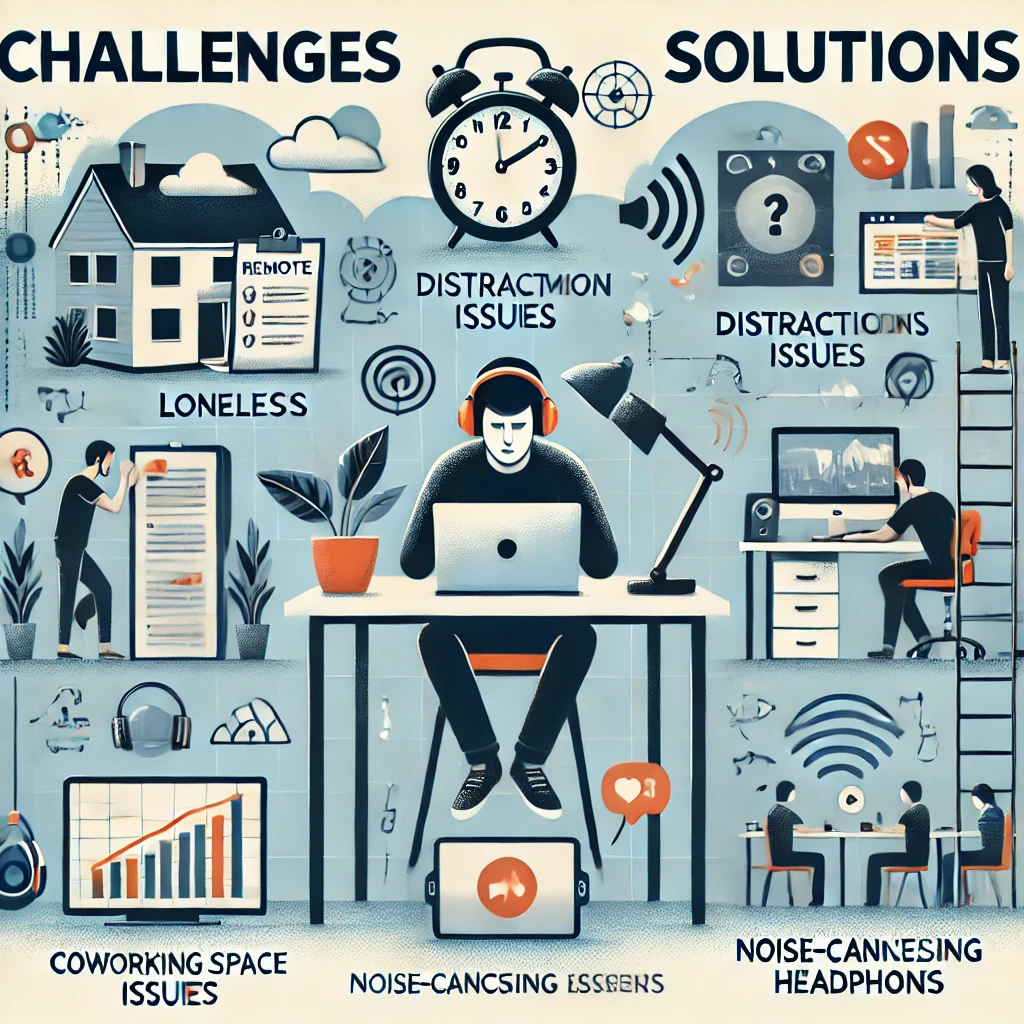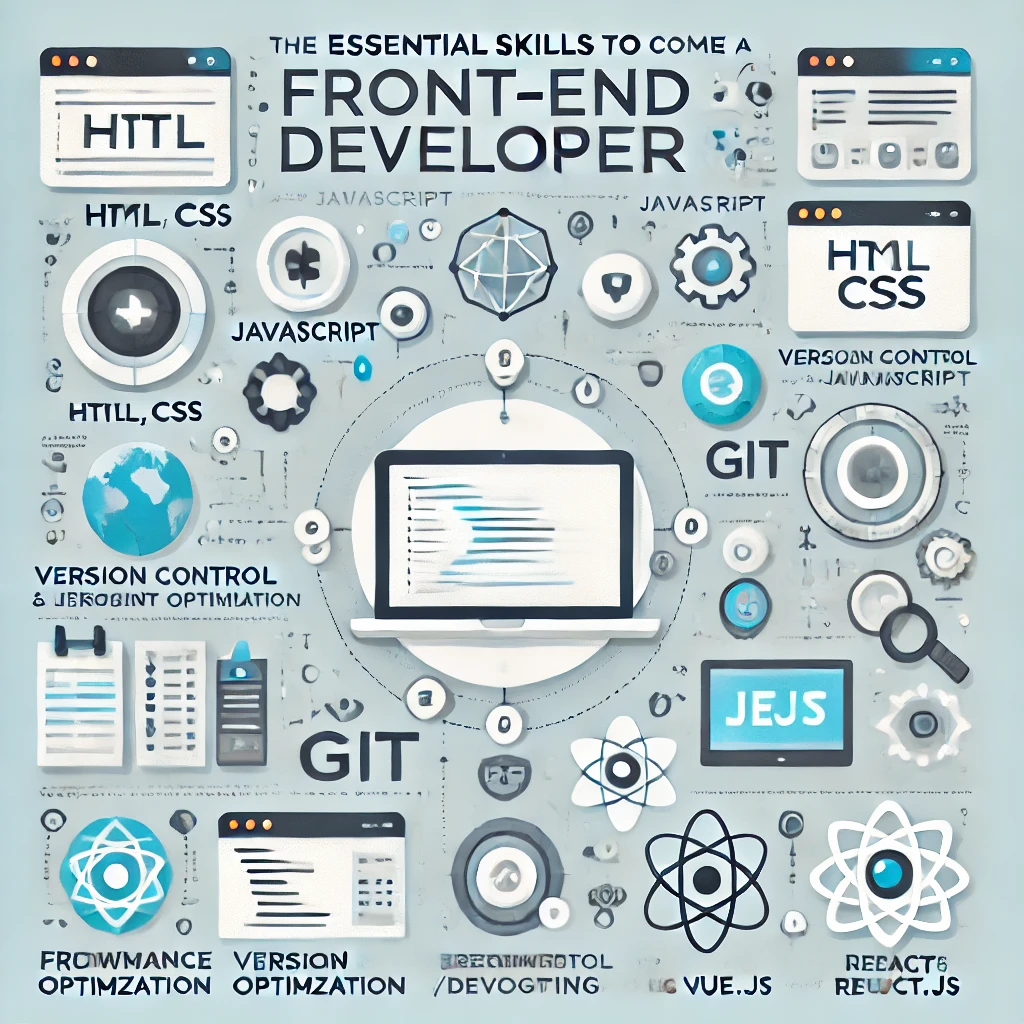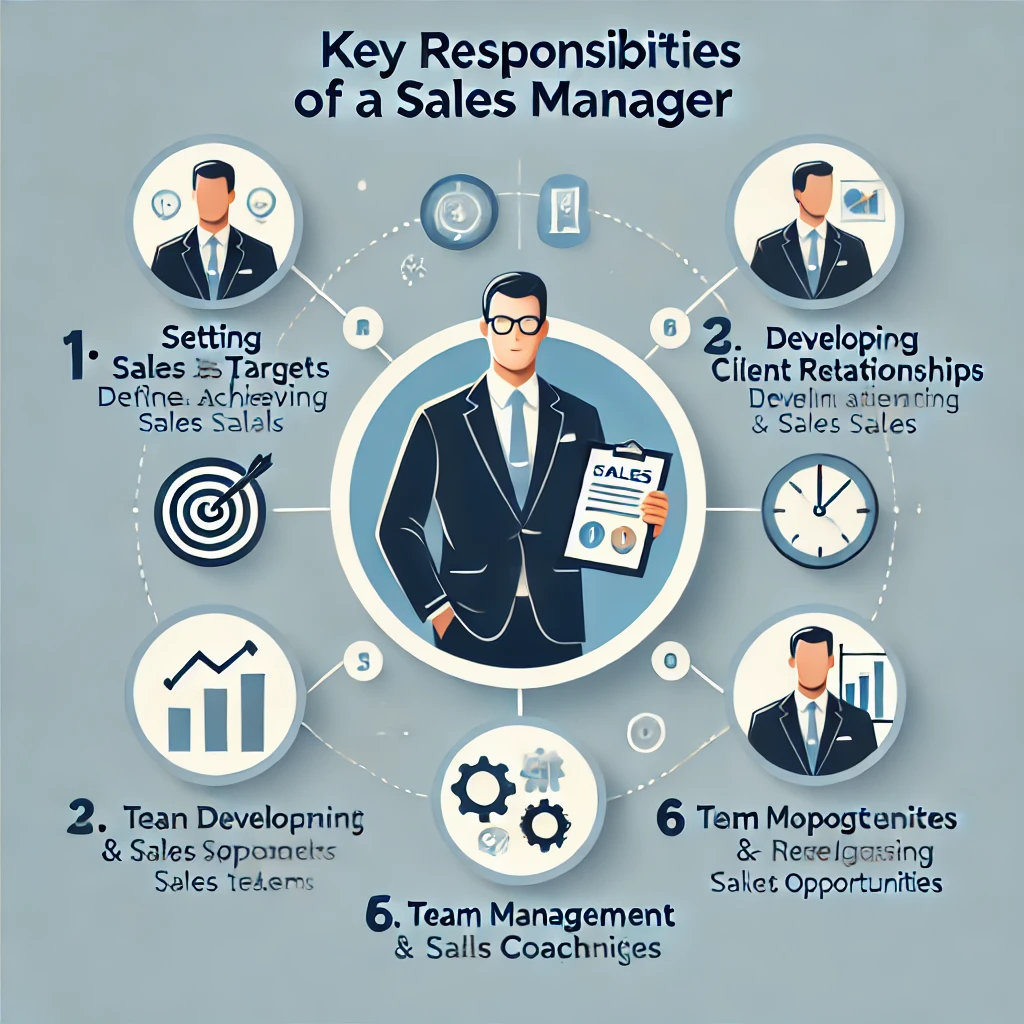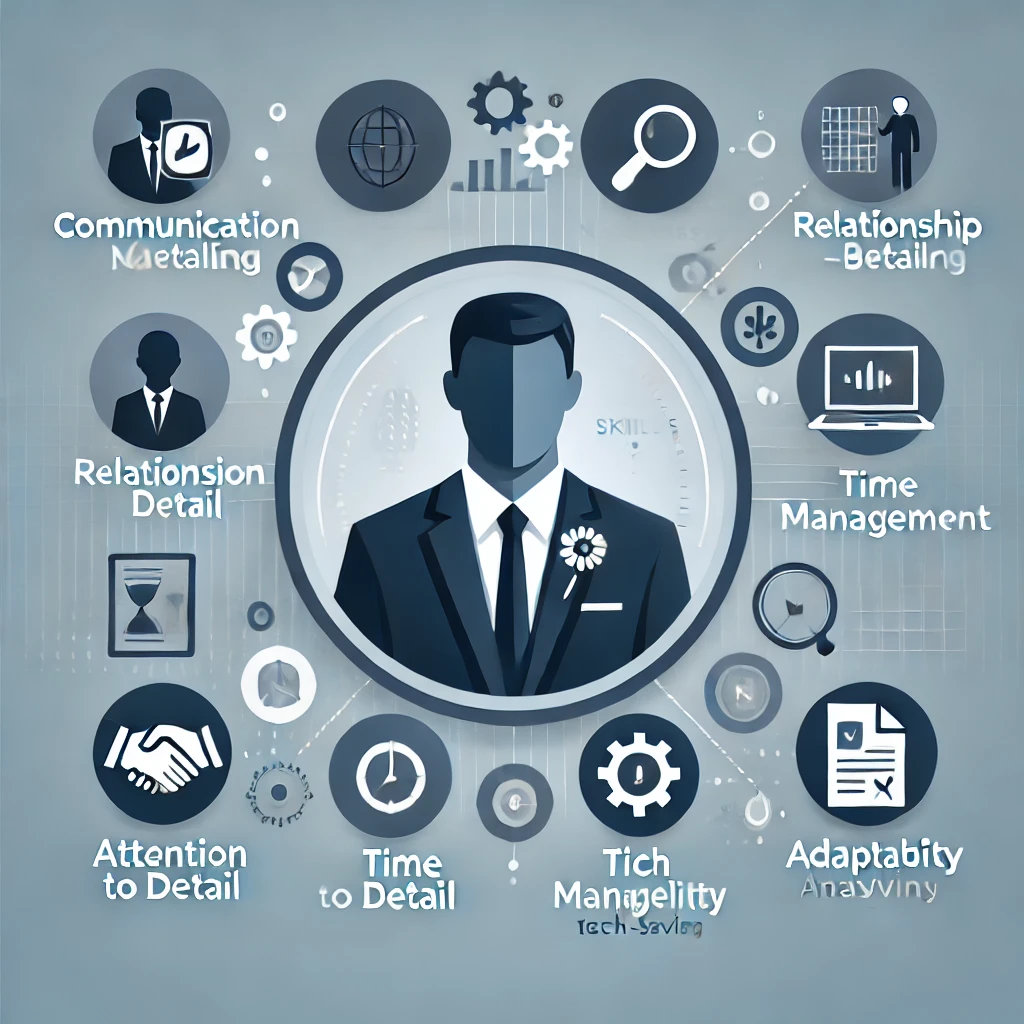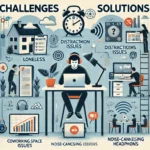12 Career Opportunities In Data Science And Artificial Intelligence(Ai) – The fields of Data Science and Artificial Intelligence (AI) are transforming industries, shaping the future, and opening up a lts of career opportunities. From predicting customer behavior to building self-driving cars, the applications of Data Science and Artificial Intelligence are limitless.
Career Opportunities In Data Science And Artificial Intelligence(Ai)

Data Science
This is an interdisciplinary field that combines statistics, computer science, and domain expertise to analyze and interpret complex data. It involves the extraction of meaningful insights from data, using techniques like machine learning, predictive analytics, and data mining. Data Science is vital in making data related decisions that can solve problems and improve business processes.
Artificial Intelligence (AI)
This refers to the simulation of human intelligence in machines. AI systems are designed to mimic cognitive functions such as learning, problem-solving, and decision-making. From chatbots and virtual assistants to self-driving cars, Artificial Intelligence applications are restructuring industries by automating tasks, enhancing customer experiences, and providing innovative solutions.
Top Career Opportunities in Data Science and Artificial Intelligence.
- Data Scientist
Data Scientists are at the core of Data Science and Artificial Intelligence. They analyze large datasets to identify patterns, build predictive models, and offer actionable insights. Their work involves collecting, cleaning, and processing data using programming languages like Python and R.
Responsibilities.
- Analyzing complex data sets to find trends.
- Building machine learning models to solve business problems.
- Communicating findings to stakeholders.
Key Skills.
- Proficiency in Python, R, and SQL.
- Strong analytical and statistical skills.
- Knowledge of machine learning algorithms.
- Machine Learning Engineer
A Machine Learning Engineer focuses on designing and implementing machine learning models that can learn from data without being explicitly programmed. They work closely with Data Scientists and Software Engineers to develop scalable AI systems.
Responsibilities.
- Developing machine learning algorithms and models.
- Optimizing models for performance and scalability.
- Deploying models into production environments.
Key Skills.
- Expertise in TensorFlow, PyTorch, and Scikit-Learn.
- Strong programming skills in Python and Java.
- Deep understanding of algorithms and data structures.
-
AI Research Scientist
An AI Research Scientist is one of the most important roles in Data Science and Artificial Intelligence. They focus on advancing AI capabilities through cutting-edge research and developing innovative algorithms.
Responsibilities.
- Conducting research on new AI techniques.
- Publishing papers and presenting at conferences.
- Collaborating with academic and industry experts.
Key Skills.
Strong background in mathematics and statistics.
Expertise in deep learning frameworks like TensorFlow.
Strong problem-solving and research skills.
-
Data Analyst
A Data Analyst plays a key role in Data Science and Artificial Intelligence by turning raw data into insights that impacts positively business decisions. They use statistical tools and software to analyze data sets and create visual reports.
Responsibilities.
Analyzing data and generating reports.
Creating dashboards and data visualizations.
Assisting with data-driven decision-making.
Key Skills.
- Proficiency in Excel, SQL, and Tableau.
- Strong analytical thinking.
- Knowledge of statistical analysis.
-
Business Intelligence Developer
A Business Intelligence Developer leverages n Data Science and Artificial Intelligence to help companies make better business decisions. They focus on designing and developing data models and dashboards that provide gd insights.
Responsibilities.
- Developing and maintaining BI solutions.
- Creating data models and dashboards.
- Analyzing complex datasets to support decision-making.
Key Skills.
- Expertise in Power BI, Tableau, and SQL.
- Strong data visualization skills.
- Knowledge of data warehousing concepts.
-
Big Data Engineer
A Big Data Engineer plays a crucial role in Data Science and Artificial Intelligence, focusing on building and managing the infrastructure that processes vast amounts of data. They design systems capable of handling both structured and unstructured data, making it accessible for analysis by Data Scientists and AI systems.
Responsibilities.
- Designing, implementing, and managing data pipelines.
- Ensuring data quality and availability for analytics.
- Working with big data technologies like Hadoop, Spark, and Kafka.
Key Skills.
- Expertise in Hadoop, Spark, and NoSQL databases.
- Strong programming skills in Python, Java, and Scala.
- Proficiency in cloud platforms like AWS and Azure.
-
Robotics Scientist
A Robotics Scientist applies Artificial Intelligence to create robots that can perform complex tasks. These tasks often involve machine learning, computer vision, and natural language processing (NLP). Robotics Scientists work in various industries, including manufacturing, healthcare, and autonomous vehicles.
Responsibilities
- Designing and developing intelligent robotic systems.
- Implementing AI algorithms for autonomous behavior.
- Testing and refining prototypes.
Key Skills.
- Expertise in robotics and AI algorithms.
- Proficiency in C++, Python, and ROS (Robot Operating System).
- Knowledge of computer vision and machine learning.
-
NLP Engineer (Natural Language Processing Engineer)
An NLP Engineer focuses on the intersection of Data Science and Artificial Intelligence by developing systems that can understand, interpret, and respond to human language. They work on projects such as chatbots, language translation, and voice recognition systems.
Responsibilities.
- Building and optimizing NLP models for text analysis.
- Working on tasks like sentiment analysis and text classification.
- Integrating NLP models into applications.
Key Skills.
- Proficiency in Python and NLP libraries like NLTK and SpaCy.
- Strong understanding of linguistics and text analysis.
- Experience with machine learning and deep learning frameworks.
-
Computer Vision Engineer
A Computer Vision Engineer specializes in teaching computers to interpret and process visual information from the world. Using data science and artificial intelligence, they develop systems capable of performing tasks like facial recognition, object detection, and image classification.
Responsibilities.
- Developing and training computer vision models.
- Implementing algorithms for image and video analysis.
- Collaborating with product teams to integrate vision models into software.
Key Skills.
- Expertise in OpenCV, TensorFlow, and PyTorch.
- Strong knowledge of image processing techniques.
- Experience with deep learning and convolutional neural networks (CNNs).
-
AI Product Manager
An AI Product Manager combines expertise in Data Science and Artificial Intelligence with business acumen. They are responsible for overseeing the development and launch of AI-based products, ensuring they meet user needs and business goals.
Responsibilities.
- Defining the product vision and strategy.
- Collaborating with Data Scientists and engineers to develop AI solutions.
- Managing the product lifecycle from ideation to launch.
Key Skills.
- Strong understanding of AI technologies and data analytics.
- Excellent project management and communication skills.
- Ability to translate business requirements into technical specifications.
-
Ethical AI Specialist
An Ethical AI Specialist ensures that the development and application of Data Science and Artificial Intelligence technologies align with ethical standards and do not harm society. As AI becomes integrated into everyday life, the demand for professionals who can navigate the ethical implications of these technologies is growing. This role involves analyzing algorithms for biases, ensuring data privacy, and developing frameworks for responsible AI use.
Responsibilities.
- Identifying and mitigating biases in AI algorithms.
- Ensuring compliance with ethical standards and regulations.
- Developing guidelines for the responsible use of AI.
Key Skills.
- Strong understanding of AI ethics and legal considerations.
- Proficiency in programming and algorithm analysis.
- Excellent problem-solving and critical-thinking skills.
-
Data Engineer
A Data Engineer plays a critical role in Data Science and Artificial Intelligence by building and maintaining the infrastructure that allows data to flow seamlessly. Data Engineers design, construct, and manage systems that collect, store, and process large datasets, making it easier for Data Scientists and AI systems to access high-quality, organized data.
Responsibilities.
- Building data pipelines for collecting and processing raw data.
- Ensuring data quality and security.
- Collaborating with Data Scientists to optimize data workflows.
Key Skills.
- Expertise in SQL, Python, and ETL (Extract, Transform, Load) processes.
- Knowledge of big data technologies like Apache Hadoop and Spark.
- Strong problem-solving abilities and attention to detail.
Skills Required for a Career in Data Science and Artificial Intelligence.
The following are the most important skills to develop in Data Science and Artificial Intelligence:
- Programming Languages: Python, R, and SQL are essential for data manipulation and analysis.
- Machine Learning and Deep Learning: Understanding algorithms, neural networks, and frameworks like TensorFlow and PyTorch.
- Data Visualization: Tools like Tableau, Power BI, and Matplotlib help communicate insights effectively.
- Statistical Analysis: Proficiency in statistics is crucial for making data-driven decisions. Communication Skills: The ability to explain complex data insights to non-technical stakeholders.
Conclusion for Career Opportunities In Data Science And Artificial Intelligence(Ai)
Data Science and Artificial Intelligence offer diverse and rewarding paths for those interested in technology and data. As companies continue to invest in AI and data-driven solutions, the demand for these roles will only grow. By developing the right skills and staying up-to-date with industry trends, you can embark on an exciting career in one of the most innovative fields today.

